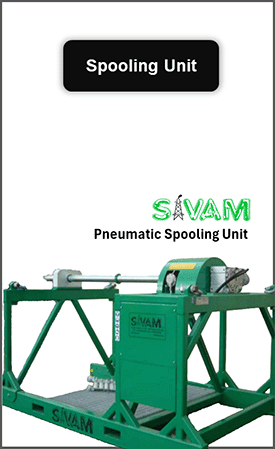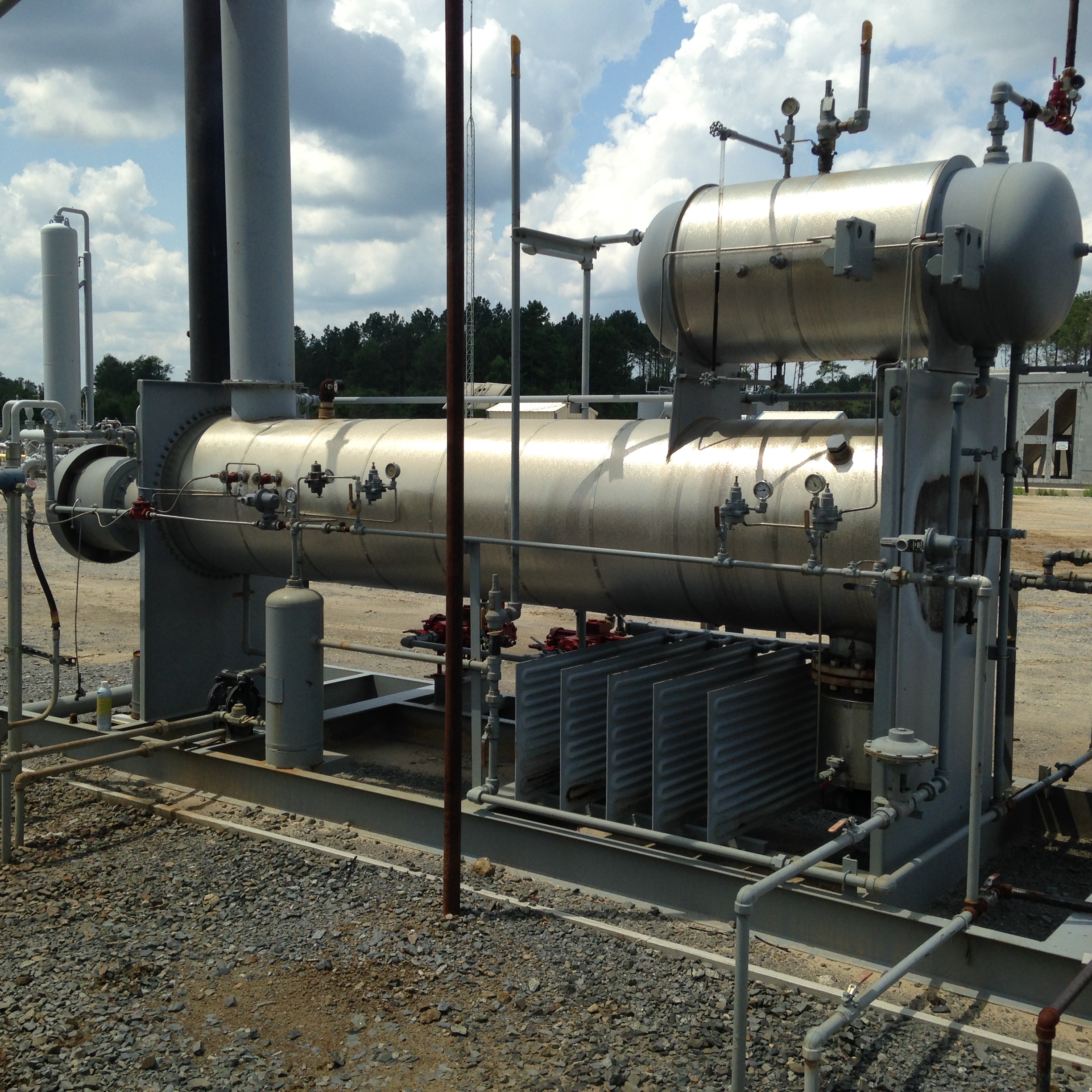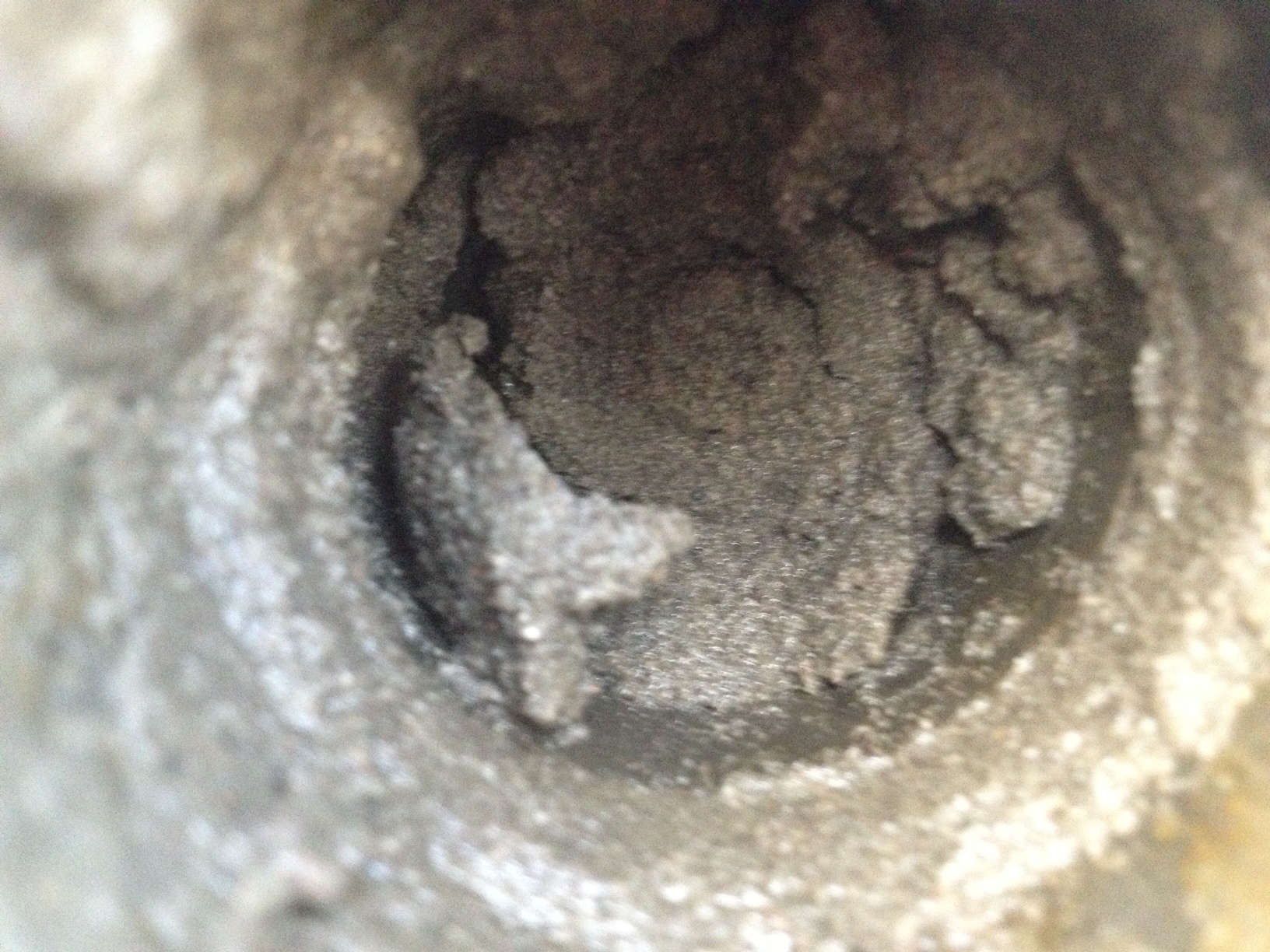Other related articles
Single Row Deep Groove Ball Bearing The SCSSSV Isolation Question The Pulling Tool that ALMOST Fit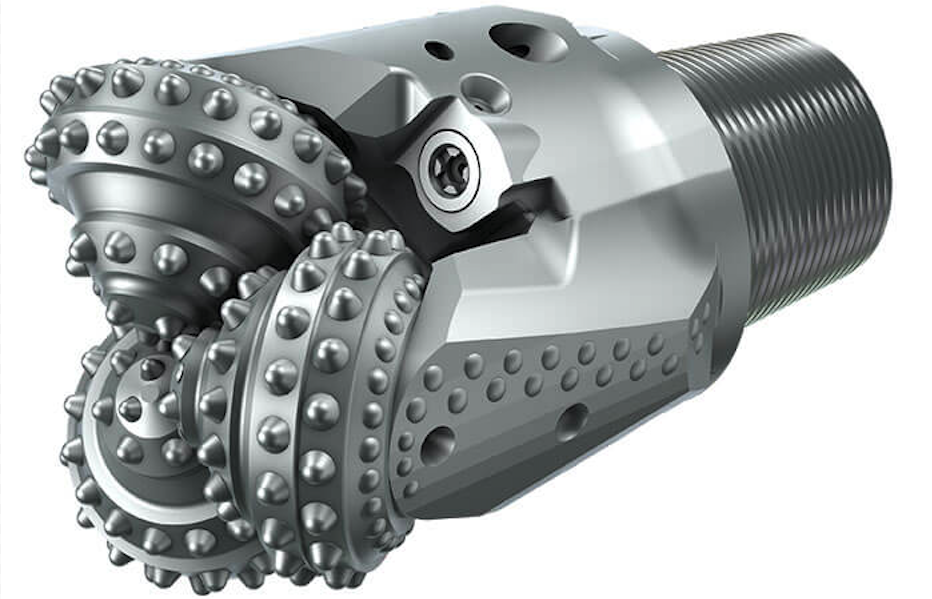
Roller Cone Bits
Roller cone bits, also known as tricone bits, are a type of drill bit used in the oil and gas industry for drilling oil and gas wells. They are composed of steel body and cutting surfaces, or cones, that rotate to crush and grind the rock in the wellbore. The cones are typically made of tungsten carbide inserts (TCI) or milled steel teeth. Roller cone bits come in different sizes, designs and configurations to fit different drilling conditions.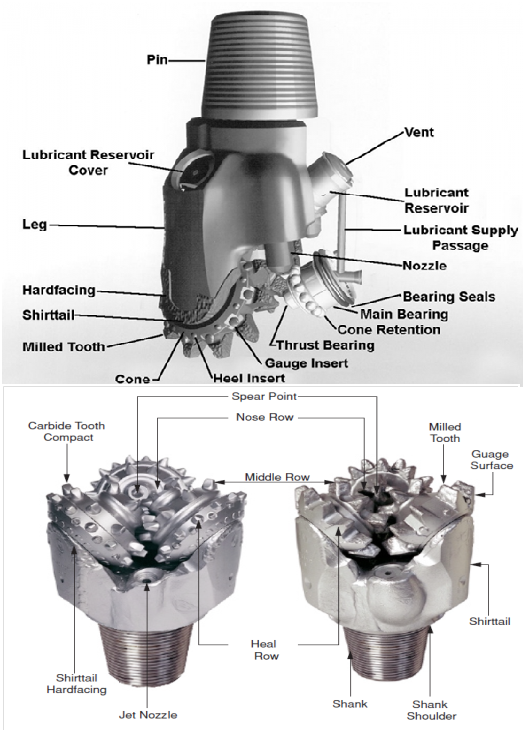
The typical roller cone bit has several key components, including: • The body: The body of the bit is typically made of steel and is designed to provide structural support for the bit and to transmit drilling energy to the cones. • The cones: The cones are the component of the bit that are in direct contact with the rock and are designed to cut through the rock. They are typically made of tungsten carbide inserts (TCI) or milled steel teeth. They come in different sizes, designs and configurations to fit different drilling conditions. • The nozzles: The nozzles are the component of the bit that are used to direct drilling fluid to the cones and to cool and lubricate the bit. They are typically made of tungsten carbide or other durable materials. • The gauge protection: The gauge protection is the component of the bit that is located at the bottom of the bit and is designed to protect the gauge of the bit from damage. They are typically made of tungsten carbide or other durable materials.
Engineering Specifications of Tri-cone BitsThe engineering specifications for roller cone bits are: • Diameter: typically from 3 7/8" to 26" • Cutting structure: typically from 3 to 6 cones • Cutter size: typically from 3mm to 8mm • Standard: API RP 7G, ISO 10424
Roller cone bits are designed to be efficient and durable in drilling conditions, they are typically used in softer formations such as sandstone.

